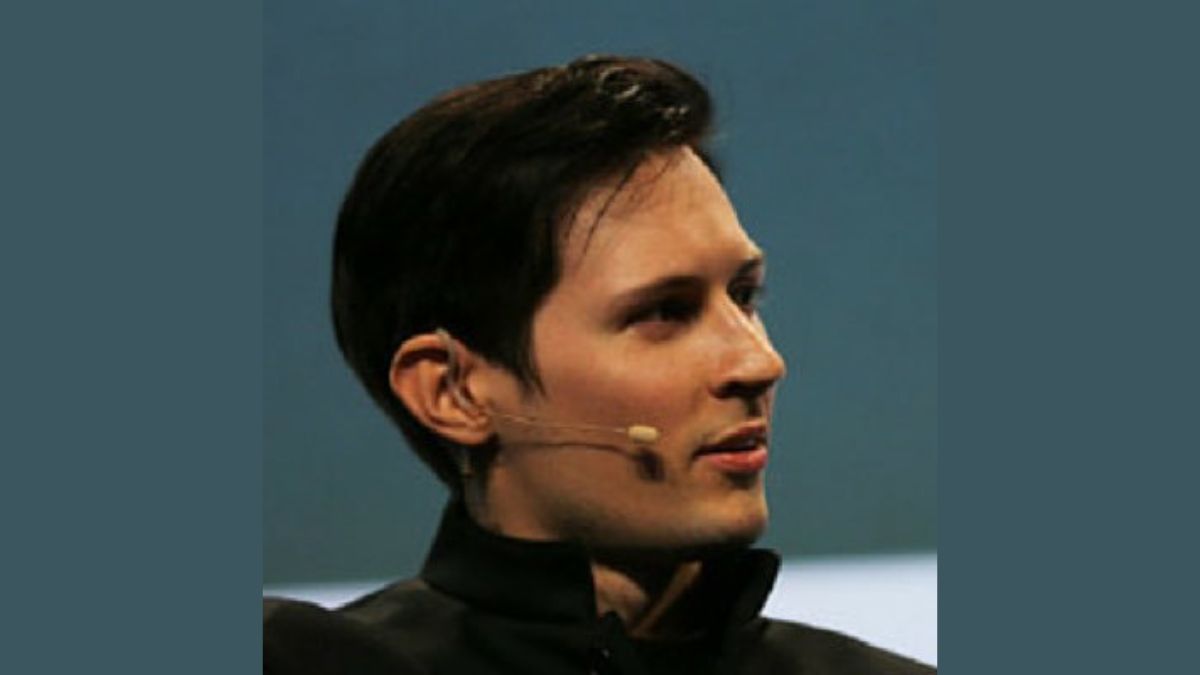New York: What if your future kids weren’t just heirs, but part of a quiet legacy that spans continents, beliefs, and a billionaire’s bold vision for the world? That’s not science fiction—it’s Telegram founder Pavel Durov’s real-life master plan. In a move that’s as surprising as it is strategic, Durov recently revealed he’s fathered over 100 children and plans to leave his entire $14 billion fortune equally to each one.
But here’s the twist: these children won’t touch a single cent of it until 2055.
In a world obsessed with instant wealth and flashy legacies, Durov’s approach is both radical and refreshing. It’s about more than money—it’s about identity, independence, and rewriting the billionaire parenting playbook.
Also Read: Heat Wave 2025: Why This June’s Scorch Isn’t Normal—And Coping Tips
Pavel Durov Fathered 100+ Children—Here’s How
Pavel Durov, the enigmatic founder of Telegram and often called the “Mark Zuckerberg of Russia,” recently disclosed that he has fathered over 100 children across at least 12 countries. He began donating sperm 15 years ago as a favour to a friend and continued over the years. Some of these children were conceived through donation, while six are his biological children from three different partners.
Durov made it clear that he considers all of these children his own, regardless of how they came into the world. “I make no difference between my children,” he said. “They all have the same rights to my love, my name, and my legacy.”
Telegram CEO’s $14 Billion Will Names Every Child
Durov’s fortune, estimated at around $13.9 billion to $17 billion, will be divided equally among his 100+ children. That means each child could receive a mind-blowing $132 million to $161 million.
But there’s a built-in pause: Durov has stipulated that none of the children can access their share of the fortune until June 19, 2055—30 years from the date he signed the will. He wants them to live without financial dependence and build their own paths before wealth enters the picture.
Why Pavel Durov Is Freezing Their Inheritance
The delay isn’t about control—it’s about growth. Durov has long held beliefs in discipline, privacy, and independence. By freezing the inheritance, he aims to give his children a chance to live a life outside the shadow of billions.
“I want them to know who they are before they know what they’re worth,” he said in a recent interview. His children are being raised with limited awareness of his wealth and no special privileges.
This philosophy stands in stark contrast to traditional tech heirs who grow up in extreme privilege. Durov’s children are being taught to value work, self-reliance, and emotional intelligence first.
All 100+ Children Are Equal in Durov’s Eyes
Durov has firmly stated that there will be no special status for his biological children over donor-conceived ones. Each child will receive the same share, with no hierarchy or preference.
That level of equality sends a strong message about what family and fatherhood mean in the 21st century. It also avoids future legal battles that can often plague billionaire estates. By drafting a clear, inclusive will early, Durov is setting up his children for connection—not conflict.
The Bigger Picture: Legacy, Not Just Wealth
This isn’t just a story about shocking numbers and inheritance. It’s about a shift in how legacy is viewed. While many billionaires are busy making public donations or investing in space travel, Durov is investing in future humans—literally.
His plan echoes growing conversations about pro-natalism, ethical parenting, and wealth distribution. It also raises important questions about donor-conceived identity, transparency, and emotional connection.
Rewriting the Inheritance Rulebook
Pavel Durov’s $14 billion plan for his 100+ children might sound like a tech-age fairytale, but it’s grounded in a very real philosophy: Raise independent humans, not entitled heirs.
By choosing love, logic, and long-term thinking over luxury, Durov is sparking a conversation that stretches far beyond Telegram. He’s not just leaving behind money—he’s leaving behind a message.







